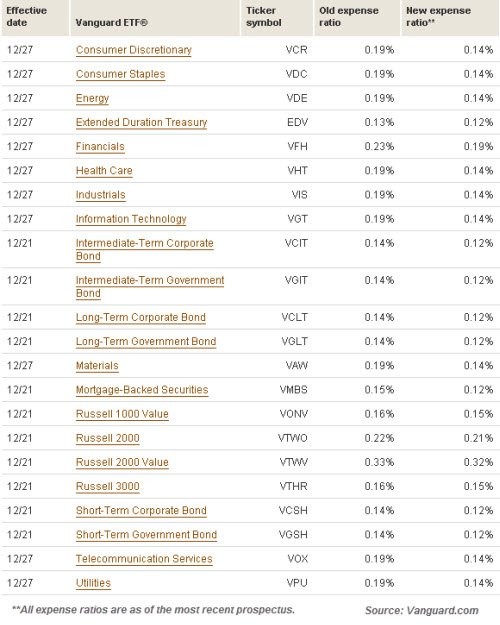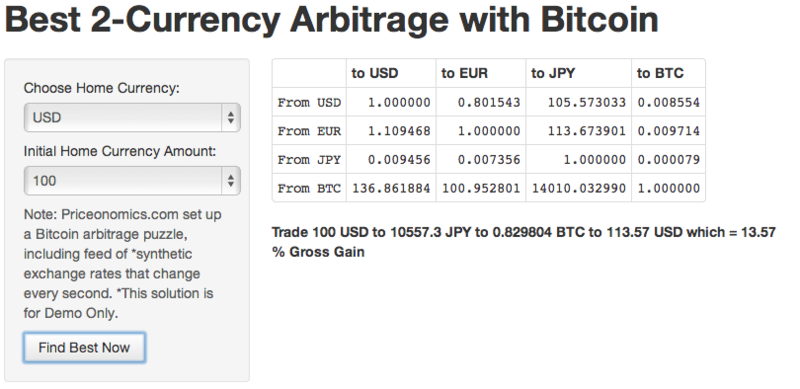Time for a Merger Arbitrage ETF Yahoo India Finance
Post on: 10 Ноябрь, 2016 No Comment

RELATED QUOTES
The economic and political drama in Europe has been responsible for negative market sentiments throughout the globe. Recently, the broader markets slumped badly on account of global risk aversion triggering massive sell-offs in the equity markets (see Forget European Woes with These Three Country ETFs ). This had negative repercussion in the Private Equity (:PE) backed initial public offerings as of late, as activities were sluggish on account of lower exit volume by the PE players (read Do You Need A Private Equity ETF? ).
Therefore these negative developments had adversely affected Merger and Acquisition activities throughout the globe as the slippery global economic condition worsened. However, things have started to look much better as we witness some sort of conclusion over the future of Greece in the Euro zone. Even the merger activities on the U.S domestic front have spiked sharply higher with thirteen new deals announced and six closing.
At a time like this when merger activities are bullish, investors can take advantage of an arbitrage opportunity present in the price differentials on the target and acquiring company stocks. This strategy can also provide returns independent of the overall market, making it especially important with today’s uncertain economic conditions.
Merger Arbitrage Explained
Merger arbitrage is a strategy which looks to tap the spread that is present between the price at which the stock of a company trades post announcement of its takeover (i.e. target company) by another company (i.e. acquiring company) and the price per share that the acquiring company is willing to pay for the takeover as purchase consideration.
Basically, this differential exists due to the uncertainty that the deal will not go through. If it does, however, investors generally can make a few percent quite easily, although if it doesn’t, investors can face some losses in the process (see Three Low Beta ETFs For The Uncertain Market ).
A simple merger arbitrage strategy would be to take opposite positions (long/short) in the stocks of the target and acquiring company. However, what position to take in which company would entirely depend on the investor’s perception about the deal.
For example, if he expects the deal to get finalized he would benefit by short selling the acquiring company’s shares and taking a long position on the target company. On the other hand if he expects that the deal would not materialize, opposite positions should be taken.
Risks involved
Capturing the spread in merger arbitrage strategies involves certain risks that the investors should be aware of including the following:
Risk related to legal issues is one of the most important risks to consider for a merger deal. These deals involve a great deal of due-diligence and compliance. Any negative development on either company could lead to the deal breaking off.
Political risk is an omnipresent enemy in cross-border merger transactions. These risks refer to inter-country relations, taxation issues, and currency risks to name a few. Although this might not seem much, it has a great influence in the merger deals (see more in the Zacks ETF Center ).
Leverage and interest rate risk arises in case of leveraged buy-outs (LBO’s). It is a scenario in which the acquiring company uses junk bonds (below investment grade bonds) to finance the costs of deal. The debt issued might have severe consequences on the existing book value of debt in the books of the acquiring company.
Moreover, the average cost of debt tends to increase as these companies issue junk bonds. These consequences might result in the deal not getting finalized.
Merger Arbitrage ETFs
Nevertheless, merger arbitrage provides an excellent opportunity to earn profits from price differentials from the same market space. However, taking advantage of this arbitrage involves great deal of financial understanding as well as expertise on legalities and compliances with the present norms, therefore it cannot be enjoyed by every investor. Also high transaction costs act as an entry barrier for many investors.
However, merger arbitrage exchange traded funds (ETFs), with their low cost structure and expertise, provide an excellent opportunity for the common investor to tap in the opportunities provided by mergers worldwide. Below we share some of the options available to the investors in this interesting space for those curious about implementing this technique in their portfolios:
Credit Suisse Merger Arbitrage Liquid ETN (CSMA ) was debuted in October 2010 and tracks the Credit Suisse Merger Arbitrage Liquid Index. The index employs a merger arbitrage strategy and holds long or short position in securities of companies that have already publicly announced their merger and acquisition activity subject to various quantitative as well as qualitative conditions.
Just five months in to the launch of CSMA, the Credit Suisse 2X Merger Arbitrage Liquid ETN (CSMB ) was introduced in March of 2011 to provide a leveraged play on similar investment strategy as CSMA (read Leveraged and Inverse ETFs: Suitable Only For Short Term Trading ).

It is prudent to note that the CSMA (exchange traded note) does not base its investments on predictions and forecasts for future mergers, but only includes securities based on factual evidence post announcement of the merger deal by the concerned entity.
While this might help to reduce risk of non-materialization of the merger deal, it also caps the upside potential as the market price would already have discounted the deal announcement.
CSMA and CSMB both being ETN’s would not have any tracking error, however, since these instruments are issued as senior debt obligations of the issuing company they would be subject to the credit risk of the issuing institution (read ETFs vs. ETNs: What’s The Difference? ).
CSMA has total assets of $90.71 and an average daily volume of 22,507 shares whereas CSMB has attracted $22.97 million in its asset base and trades on an average 15,358 shares daily. Both these products charge 55 basis points in fees and expenses.
IQ Merger Arbitrage ETF (MNA )
The ETF tracks the before price and yield performance of the IQ Merger Arbitrage Index. This benchmark provides exposure in domestic as well as global companies which have recently announced their takeover by another company.
The ETF places its bets on the fact that the target company’s stock price would appreciate post announcement. As a hedge, MNA takes short positions in certain acquiring company’s stocks as well.
The ETF is exposed to a variety of currency denominated assets which makes it vulnerable to exchange rate risk. MNA was launched in November of 2009 and since then has attracted total assets worth $23.72 million dollars.
It has an average daily volume of 7,324 shares and charges a relatively high 76 basis points in fees and expenses. Presently, MNA holds about 25 long positions and 3 short positions with roughly 60% of the assets going towards the top 10 holdings. Over the past one year, MNA has lost 1.8% while the broad markets have advanced by roughly two percent in the same time frame.
Want the latest recommendations from Zacks Investment Research? Today, you can download 7 Best Stocks for the Next 30 Days. Click to get this free report >>














